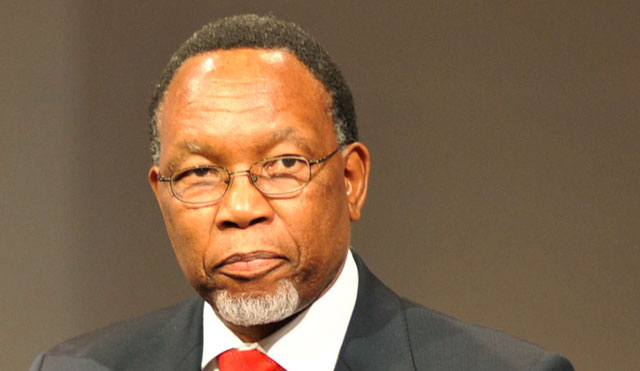
The best possible solutions needed to be explored for the implementation of the Gauteng Freeway Improvement Project (GFIP), Deputy President Kgalema Motlanthe said in Johannesburg on Friday.
“There should be no overburdening of poor people with added cost,” Motlanthe said in opening remarks at a meeting between the inter-ministerial committee on the GFIP and trade union federation Cosatu.
However, Sanral, which oversees the project, needed capital to fund its operation.
There were grey areas requiring attention and a solution needed to be found that was acceptable to the citizens of Gauteng, said the deputy president.
Sanral was one of the best agencies government had, and if the state had a “bottomless pot” of funds it would make SA’s road infrastructure the best in the world.
One of the problems facing the agency was ensuring its credit worthiness was sustained, Motlanthe said.
Cosatu general secretary Zwelinzima Vavi, speaking after Motlanthe, thanked the government for the opportunity to discuss the GFIP. He said the trade union federation understood that roads needed to be paid for. “We accept we can’t just walk away from that commitment.”
However, Cosatu had concerns regarding the project.
The committee, chaired by Motlanthe, on Thursday met several businesses and representatives from Business Unity SA, the SA Vehicle Rental and Leasing Association, the Opposition to Urban Tolling Alliance (Outa), the Road Freight Association, and religious leaders.
On 7 March, Cosatu held a nationwide strike against e-tolling and labour brokering. On 26 April, an agreement was reached in a meeting between the ANC and the union to delay the implementation of the project by a month.
On 28 April, the high court in Pretoria granted an urgent interdict, brought by Outa, to stop implementation of the tolling system, so that a full court review could be carried out to decide if it should be scrapped. — Sapa




